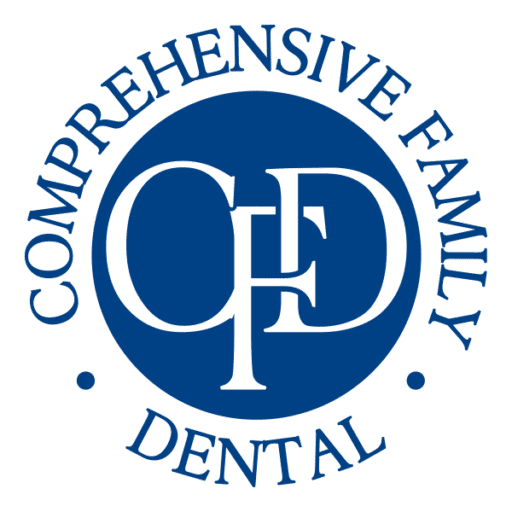Whiter, brighter teeth are on the top of everyone’s smile wish list – and for good reason! White teeth look young and healthy. The good news is that teeth whitening is one of the cheapest and easiest ways to improve your smile, and the results are almost immediate. If you’re already taking good care of your oral health, whitening your teeth will truly put the polish on all of your efforts.
Teeth Staining 101
Your unique smile and lifestyle determine the color of your teeth. The hard, outer surface of every tooth is called enamel. Enamel is usually white or off-white, but health and environmental factors can make it turn yellow, brown, or gray. Your mouth may do the talking, but your teeth can say a lot about your habits and health.
- Coffee, tea, red wine, soda, sports drinks, and tobacco are the biggest causes of stains in healthy teeth. Limit these to preserve your natural pearly whites.
- One dark or discolored tooth may be the sign of a more serious problem. It’s important to see a dentist that can get an accurate diagnosis for a single discolored tooth.
- Aging causes your enamel to thin. This causes yellowing and sensitivity in teeth.
Bleach & Brush
All teeth whitening involves either bleaching out stains or rubbing them away. Light abrasives can scrape surface-level stains off your enamel, but bleach moves through the layers of the teeth to remove deeper stains that give teeth their true color. Both options work by breaking down stains to make them less visible.
Carbamide peroxide and hydrogen peroxide are the two dental bleaching options. Carbamide peroxide may be preferred because it’s less acidic and works longer. Small amounts of these chemicals have been approved for teeth whitening without harming your teeth.
Yellow teeth respond best to whitening procedures and can be brightened many shades. Brown or gray teeth may not respond at all and you should speak with a dentist first before attempting to whiten them.
Professional Whitening Treatments
- Your Victoria dentist can use the highest concentration of dental bleach in our office. To get professional whitening results in one visit, simply make an appointment and prepare to be amazed.
- Your dentist can also make you a custom bleaching system to use at home over a couple of weeks. The kit includes a lower concentration of bleach and trays made to fit your mouth.
- Some professional whitening treatments use lasers to enhance or speed up whitening results.
- Veneers may be the best option for severely discolored teeth with the added benefit of being able to better shape or fill in your smile’s imperfections.
At-Home Whitening Treatments
- Most toothpaste helps whiten teeth, though the results will take longer and not be as noticeable as professional bleaching. All toothpaste uses gentle abrasives to rub off surface stains. For bleaching toothpaste, look for the key ingredients: carbamide peroxide or hydrogen peroxide.
- Whitening strips and gels are similar. Your results won’t be as dramatic, but these options cost much less than professional treatments and can be found right on your drugstore shelf.
- Natural remedies for whitening teeth include oil pulling and activated charcoal. You can learn about these DIY options online, but nothing will replace the important role of your dentist who cares about your oral health. Find a holistic dentist if you’re interested in learning more about more natural teeth whitening.
Lasting Results
Teeth whitening results should last at least six months and can last much longer depending on each individual person and their oral hygiene habits. You can really prevent new stains by brushing twice a day, flossing once a day, and limiting teeth-staining habits and substances. Talk with your dentist if your teeth feel sensitive after whitening.
If you’re interested in achieving your brightest smile, call Comprehensive Family Dental today to make an appointment!
The content of this blog is not intended to be a substitute for professional medical advice, diagnosis, or treatment. Always seek the advice of qualified health providers with questions you may have regarding medical conditions.


